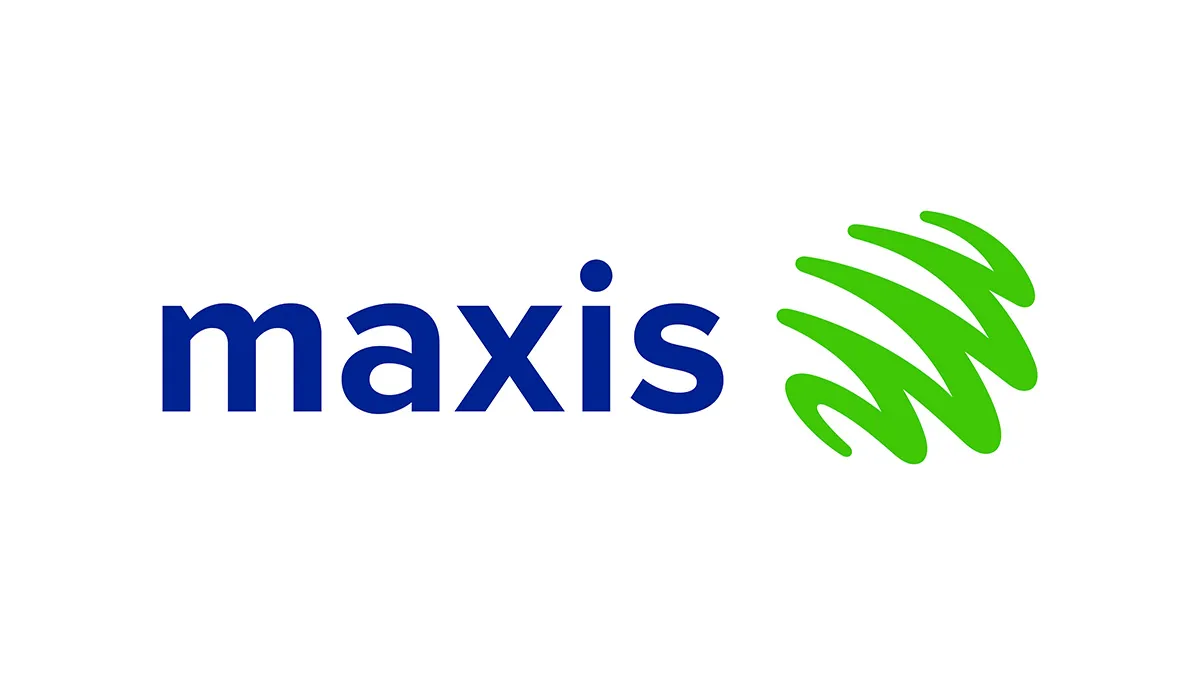Building the digital ecosystem through convergence
Bylined by Gokhan Ogut, Chief Executive Officer, Maxis.
All around the world, countries are becoming more connected than ever, and forging ahead with steely determination, Malaysia is among the trailblazers to begin the journey into 5G. Having been in the country for over a year now, it’s thrilling to be here at such a time.
From what I’ve observed thus far, the nation’s information and communications technology (ICT) framework is in many ways forward-looking – ICT products and services contributed 18.5% to the national economy in 2018, according to the Malaysian Department of Statistics[1]. And because of the early adoption of ICT, specifically wireless technologies, Malaysia’s mobile broadband subscriptions total 36.79 million in 2018 and is supported by 3G and 4G LTE population coverage of 94.7% and 79.7%, respectively.[2]
So it’s encouraging that at the recent Budget 2020 announcement, the Malaysian government had indicated its continuing resolve to make ICT the lynchpin of economic development, so that the country will continue to progress through the next decade and remain competitive amongst its regional peers.
Key to these efforts is the National Fiberisation and Connectivity Plan (NFCP), which seeks to provide comprehensive high speed and quality digital connectivity nationwide including to rural areas. In quick response, telco players started offering affordable broadband plans with prices up to 65% lower.
Other important developments in recent times are 5G in the near future, the advancement of the Internet of Things (IoT), data analytics and machine learning (ML) – all of which will help Malaysia stay competitive in this Industry 4.0 (IR4.0) era.
I am equally excited for Malaysian small to medium-sized enterprises (SMEs) as the Budget announcement also placed emphasis on boosting their capabilities so that they can usher in the age of IR4.0 into their respective digitalisation journeys.
All these incentives will provide tremendous opportunities for Malaysian companies to realise greater revenue and cost efficiencies across all industry verticals, as well as to create new high-value jobs.
As a converged solutions company, Maxis is very much aligned with the Government’s ambition to accelerate the growth of the country’s digital economy with IR4.0 at the forefront.
Converged Connectivity
Indeed, Malaysia has made great strides in enhancing its connectivity exemplified by the fact that it’s one of the first few countries globally that is on the cusp of introducing 5G to its market to complement 4G coverage. That said, connectivity is merely a foundational pillar from which to build on as the adoption of IR4.0 encompasses far more than just that.
In fact, those embracing digitalisation must think towards converged connectivity.
Converged connectivity amalgamates high quality digital services – be they voice, video, and data – delivered to businesses and society at large, reliably and securely. The main aim of converged connectivity is to enhance productivity while maximising efficiencies.
Businesses would be able to rely on a service provider to deliver a one-stop shop solution suite that they can count on so that they can focus on what they do best – running their businesses!
From wired to wireless connectivity; from establishing an e-commerce store front or managing a software-defined network, to setting up and monitoring an IoT network or tapping into advanced data analytics or machine learning capabilities, businesses are able to tap into an ecosystem of experts for advice and partnerships. They will also have a single point of contact for billing, service maintenance, technical support and resolution.
By engaging a converged connectivity provider, industry verticals such as manufacturing, agriculture, digital services, retail, banking as well as government-driven smart cities projects can benefit the most.
A Digital Society
The impact of converged connectivity on businesses means that, as more SMEs and larger enterprises digitalise, society at large will experience the benefits of a fully digitalised ecosystem.
Today, much of our digital services are consumed on a piecemeal basis. A consumer who wants broadband services might subscribe to one provider while subscribing to another for his entertainment service, and yet another for his security service.
In a fully digitalised society where converged connectivity is at work, citizens will no longer experience digital services in a disparate, siloed way. Society will experience a complete, seamless experience across everything they do – from banking to entertainment, from planning transportation to vacation, from commerce to healthcare, and from professional life to personal life.
One way to think of converged connectivity is to think of it as a digital utility, much like how you access your electricity and water on demand. Like your utilities, the data and information that flow across services and touchpoints just make your life easier without you even realising it.
Converged connectivity is one that supports an ecosystem of services and stays one step ahead of the user, addressing their needs before they arise, and will successfully evolve over time. On a more holistic scale, convergence will enable a digital ecosystem that would provide endless ways of working together between society and businesses.
But as the digital world becomes more widespread and complex, there needs to be a “curator” of all these digital solutions.
Converged connectivity providers are in the best position to partner with other like-minded service providers and technology companies both globally and locally, so that businesses can benefit from the best-of-breed products and services at their fingertips, and the ability to manage customer experience holistically.
Telcos and industry players therefore have critical roles to play in supporting Malaysian businesses as they undertake their respective digital transformation journeys and support the government’s ambition, resulting in a robust ecosystem to drive the digital economy.
[1]Information and Communication Technology Satellite Account 2018
[2]The Malaysian Communications and Multimedia Commision Industry Performance Report 2018





